Best 6 Medical Schools in Virginia in 2025


Choosing the right medical school that fits your career goals is a crucial decision on the path to becoming a physician. In the state of Virginia, aspiring medical professionals have access to a number of excellent medical schools that offer top-notch education, cutting-edge research opportunities, and the chance to make a positive impact on healthcare in local communities.
In this article we'll explore the best medical schools in Virginia, their academic programs, research opportunities, clinical experiences, and more. We'll also examine the difference between allopathic medical schools and osteopathic medical schools, as well as philosophies and values that guide these highly esteemed medical schools in the northeast. These schools offer prospective medical students a well-rounded view of their options and helping you to make an informed decision about your future in medicine. Let's talk about 'em!
As you build your medical school list, create a free Bold.org profile to start browsing and applying for medical school scholarships!
Get Matched to Thousands of Scholarships
Create your Bold.org profile to access thousands of exclusive scholarships, available only on Bold.org.
Create Free ProfileBest Medical Schools in Virginia
University of Virginia School of Medicine
Located in Charlottesville, the University of Virginia School of Medicine is renowned for its commitment to excellence in medical education, research, and patient care. Established in 1825, the University of Virginia has the distinction of being one of the oldest medical schools in the nation and has a rich history of producing highly skilled physicians and advancing medical knowledge.
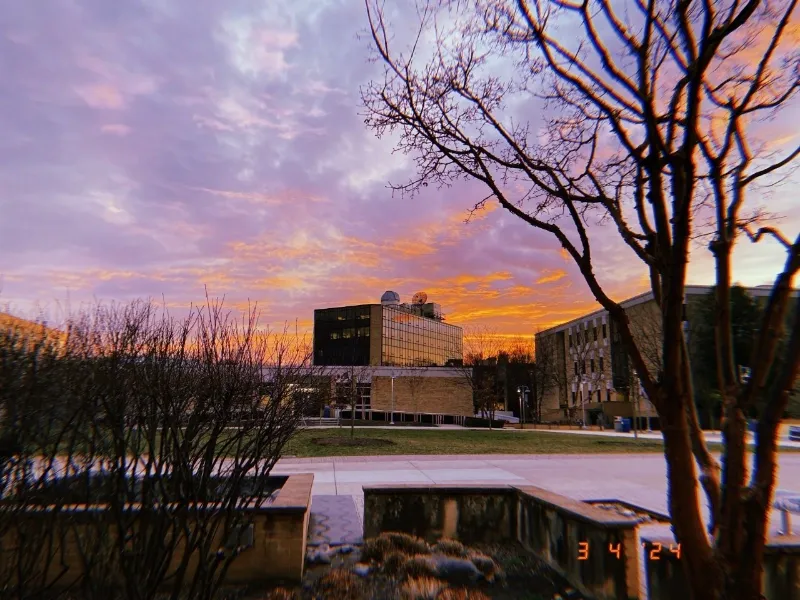
The University of Virginia School of Medicine boasts comprehensive academic programs and extensive research opportunities. The school is associated with the renowned UVA Medical Center, a leading healthcare institution at the forefront of patient care innovations.
Academic Programs: UVA School of Medicine offers various degree programs, including the Doctor of Medicine (MD), MD/Ph.D., and MD/MBA dual-degree options. The MD program emphasizes both clinical experience and research, ensuring that students are well-rounded and prepared for their medical careers.
Research Opportunities: The school is a hub of cutting-edge medical research, with faculty engaged in groundbreaking work in areas such as cancer research, neuroscience, and cardiovascular medicine. Students have ample opportunities to participate in research projects beginning in their first year of medical school.
Clinical Experience: UVA Medical Center, the teaching hospital affiliated with the school, provides students with diverse clinical experiences. It ranks among the top hospitals in the nation and offers advanced facilities for hands-on learning.
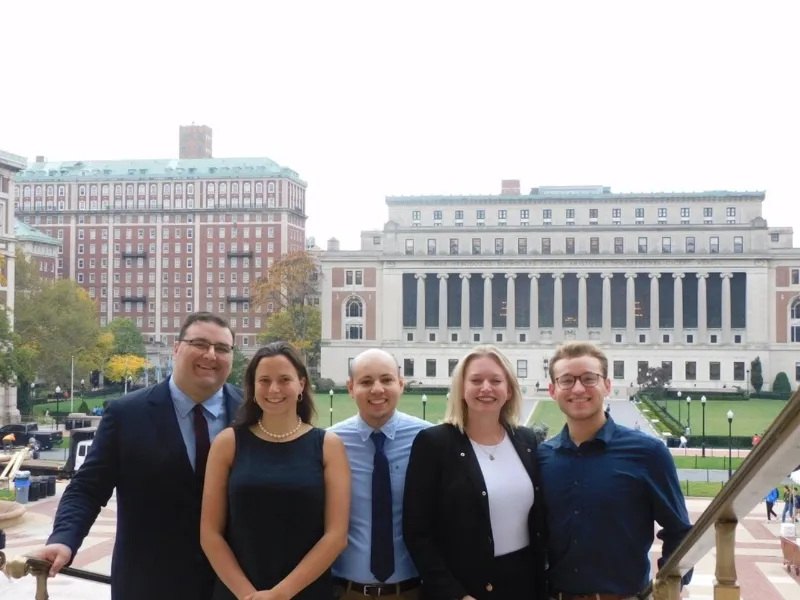
Virginia Commonwealth University School of Medicine
Located in Richmond, Virginia Commonwealth University (VCU) School of Medicine is another prestigious institution dedicated to training future healthcare professionals. It has consistently earned a spot among the nation's top medical schools and has forged a reputation for producing graduates who excel in various medical specialties.
Create Your Free Profile to Apply for Scholarships Today!Virginia Commonwealth University School of Medicine emphasizes interprofessional education by having medical students take courses with students in other medical specialties. Furthermore, students at VCU are encouraged in participate in groundbreaking research projects and community engagement.
Academic Programs: VCU School of Medicine offers a comprehensive medical curriculum that includes the traditional MD program, MD/Ph.D. dual-degree options, and numerous graduate programs in biomedical sciences. The school is known for its commitment to interprofessional education, preparing students to work collaboratively in the healthcare field.
Research Opportunities: VCU is a research-intensive institution, and the School of Medicine reflects this commitment with a strong emphasis on research. Students have access to state-of-the-art research facilities and opportunities to work alongside renowned faculty members.
Community Engagement: VCU School of Medicine places a significant emphasis on community engagement and service, preparing students to address the healthcare needs of diverse populations. The school's partnerships with local clinics and underserved communities provide valuable clinical experience.
Eastern Virginia Medical School
Located in Norfolk, Eastern Virginia Medical School (EVMS) is a relatively young institution with a strong reputation for its medical programs. Established in 1973, EVMS has become a vital part of the Hampton Roads healthcare community. Students at Eastern Virginia Medical School gain invaluable clinical experience through partnerships with regional medical centers, providing them with a diverse range of patient encounters and a strong foundation for their medical careers.
Academic Programs: EVMS offers a variety of medical degree programs, including the traditional MD program, MD/Ph.D. dual-degree programs, and physician assistant (PA) programs. The school is known for its community focused education in primary care and producing healthcare providers who serve in underserved areas.
Clinical Experience: EVMS students benefit from clinical experiences at several regional medical centers, including Sentara Norfolk General Hospital and Children's Hospital of The King's Daughters. These partnerships provide students with a diverse range of patient encounters.
Community-Oriented: EVMS is deeply committed to community service and healthcare outreach. Its emphasis on community-oriented healthcare prepares graduates to make meaningful contributions to the region's healthcare needs.
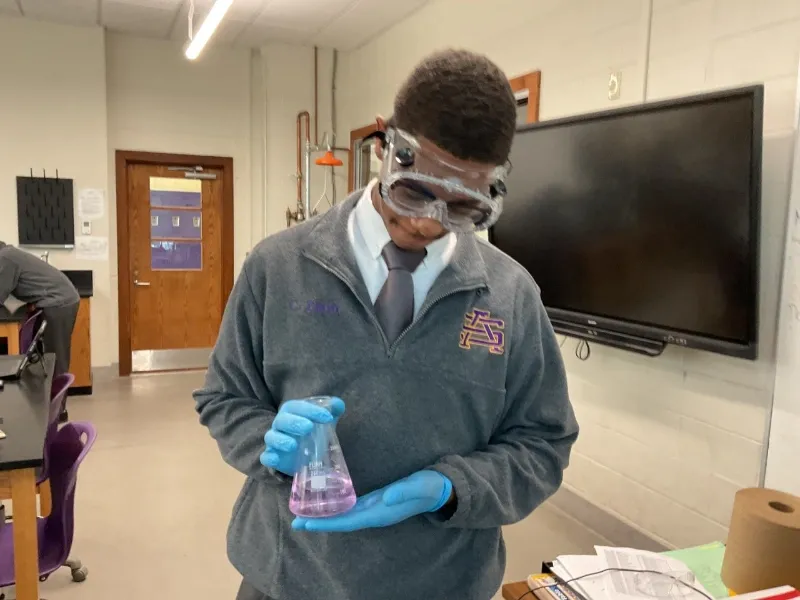
Virginia Tech Carilion School
Nestled in Roanoke, the Virginia Tech Carilion School of Medicine at the Virginia Polytechnic Institute is a relatively new addition to the Virginia medical education landscape. Established in 2007, it has quickly gained recognition for its innovative approach to medical education that is focused on patient-centered care and interprofessional collaboration from day one. The curriculum at Virginia Tech Carilion School seamlessly integrates clinical experiences, enabling students to work directly with patients early in their education.
Academic Programs: This medical school offers a unique MD program known for its focus on patient-centered care and interprofessional collaboration. The curriculum integrates clinical experience from the very beginning, allowing students to work directly with patients early in their education.
Research Opportunities: Virginia Tech Carilion has strong ties to research institutions and the Carilion Clinic. This provides students with ample opportunities to engage in research across various medical disciplines.
Interprofessional Education: The school's emphasis on interprofessional education fosters collaboration among future healthcare professionals, ensuring that graduates are well-prepared to work as part of a healthcare team.
Liberty University College of Osteopathic Medicine
Located in Lynchburg, Virginia, Liberty University College of Osteopathic Medicine (LUCOM) is Virginia's newest medical school, established in 2014. As a college of osteopathic medicine, LUCOM takes a holistic approach to healthcare, with a strong emphasis on the body's self-healing capabilities. Furthermore, Liberty University College of Osteopathic Medicine's commitment to community engagement and faith-based values offers a unique perspective for those seeking a spiritually oriented approach to medicine.
Academic Programs: LUCOM offers a Doctor of Osteopathic Medicine (DO) program, which emphasizes the principles of osteopathic medicine, including a focus on the body's self-healing capabilities. The curriculum combines traditional medical education with osteopathic principles.
Community Engagement: LUCOM places a strong emphasis on community engagement and outreach. Students are encouraged to participate in volunteer activities and serve underserved populations.
Faith-Based Approach: As part of the Liberty University campus, LUCOM integrates faith-based values into its medical education, making it a unique choice for students seeking a spiritually oriented approach to medicine.
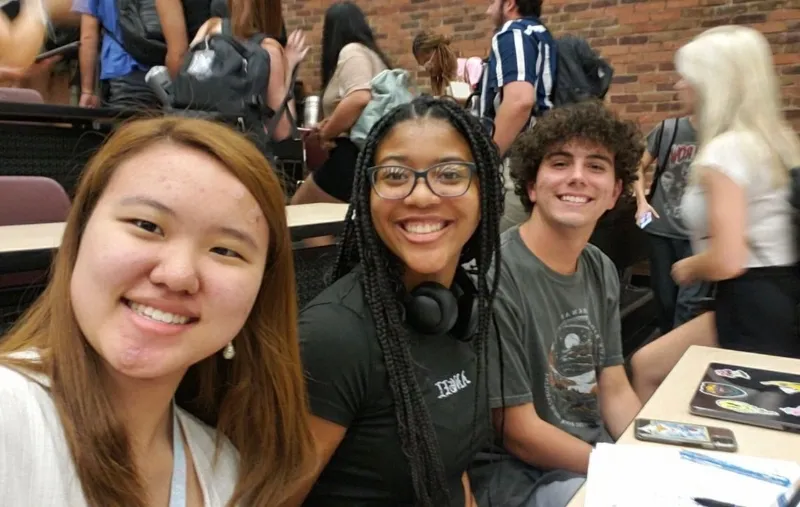
Edward Via College of Osteopathic Medicine - Virginia Campus
Located in Blacksburg, Virginia, the Edward Via College of Osteopathic Medicine is an esteemed institution that specializes in osteopathic medicine. Founded in 2003, VCOM-Virginia is part of the VCOM consortium, which includes campuses in Virginia, South Carolina, and Alabama. The Edward Via College of Osteopathic Medicine boasts a curriculum that trains physicians in the principles of osteopathic medicine, emphasizing a holistic approach to healthcare.
Academic Programs: VCOM-Virginia offers a Doctor of Osteopathic Medicine (DO) program, which is designed to provide students with a comprehensive understanding of medical science while emphasizing the osteopathic philosophy of treating the whole person, not just the disease. The curriculum combines traditional medical education with osteopathic principles, ensuring that graduates are well-prepared to provide patient-centered care.
Clinical Experience: One of the strengths of VCOM-Virginia is its extensive network of clinical rotation sites. Students have the opportunity to gain hands-on experience in a wide range of clinical settings, including hospitals, clinics, and community health centers. This practical experience is crucial for building the skills and confidence necessary for a successful medical career.
Community Engagement: VCOM-Virginia places a strong emphasis on community engagement and service. Students are encouraged to participate in community outreach programs, providing healthcare to underserved populations and addressing healthcare disparities. This commitment to service aligns with the osteopathic philosophy of promoting wellness and preventive care.
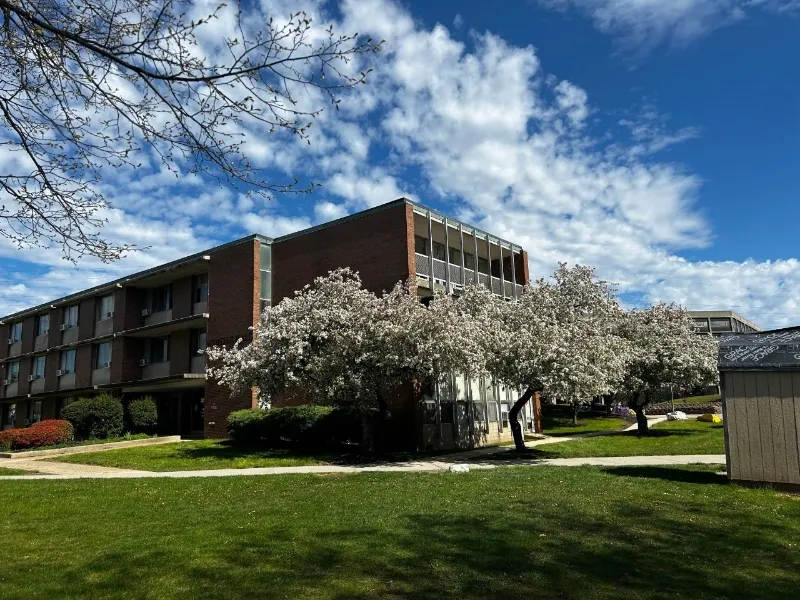
What is an Osteopathic Medical School?
When embarking on the path to becoming a physician, aspiring medical students are often faced with a fundamental choice: whether to pursue a Doctor of Osteopathic Medicine (DO) degree from an osteopathic medical school or a Doctor of Medicine (MD) degree from an allopathic medical school. Both paths lead to the same destination—a career in medicine—but they differ in several key ways.
Philosophical Foundation
Osteopathic medicine is rooted in a holistic philosophy that focuses on treating the whole person, not just the symptoms or diseases. Osteopathic physicians, or DOs, are trained to consider the interconnectedness of the body's systems and the importance of preventive care. They often emphasize hands-on, manipulative techniques as part of their treatment approach.
Allopathic medicine, represented by MDs, follows the conventional approach to medicine that treats diseases and symptoms with medications or surgical interventions. While MDs also consider the patient's overall health, their training is typically more disease-centered and may involve less emphasis on holistic care.
Curriculum and Training
DO programs incorporate osteopathic manipulative medicine (OMM) into their curriculum, teaching students techniques to diagnose and treat musculoskeletal issues and promote overall wellness. This unique feature sets osteopathic medical education apart from allopathic programs.
MD programs typically do not include OMM in their curriculum. Instead, they focus on a rigorous scientific and clinical education, with an emphasis on medical specialties and clinical rotations.
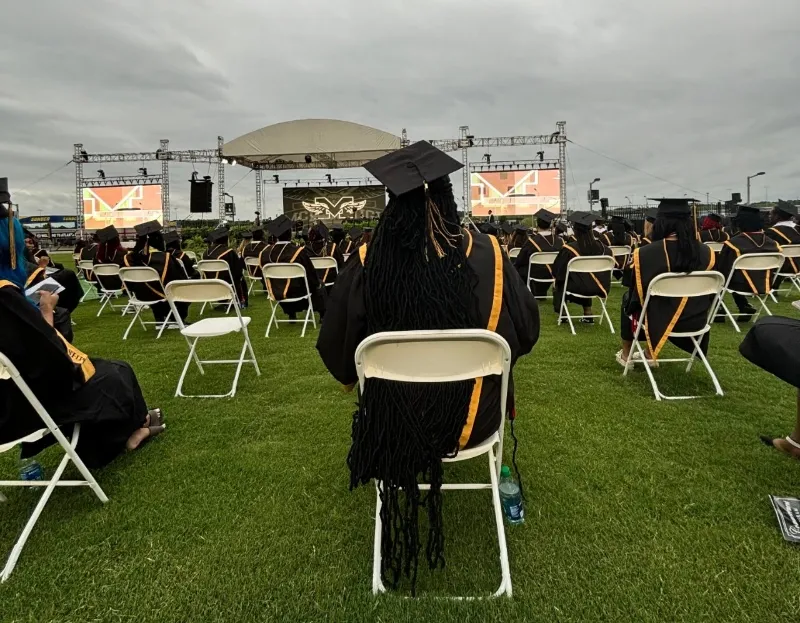
Frequently Asked Questions About Medical Schools in Virginia
What are the prerequisites for applying to medical school in Virginia?
While specific requirements may vary between schools, most medical programs in Virginia require a bachelor's degree, including coursework in biology, chemistry, physics, and mathematics. Additionally, you'll need to take the Medical College Admission Test (MCAT) and demonstrate strong academic performance, extracurricular involvement, and relevant clinical or research experience.
To learn more about medical school prerequisites, check out this guide and plan out your classes!
How competitive is the admission process for medical schools in Virginia?
Admission to medical schools in Virginia can be highly competitive due to a limited number of seats and a large pool of applicants. It's crucial to have a competitive GPA, MCAT score, and a compelling personal statement that highlights your passion for medicine and your unique qualities in order to stand out amongst other prospective medical students. And though these schools are highly selective, admissions to one will prove how your potential medical school formed esteemed medical professionals.
Can out-of-state students apply to Virginia medical schools?
Yes, most respected medical schools Virginia medical schools accept out-of-state applicants, although they may have a preference for in-state residents. Keep in mind that out-of-state applicants often face stiffer competition for limited seats. Be sure to check the specific medical school admissions policies of each school you're interested in.
Read more about the best medical schools in the United States on our scholarship blog and don’t forget to create a free Bold.org profile to start applying for medical school scholarships today!